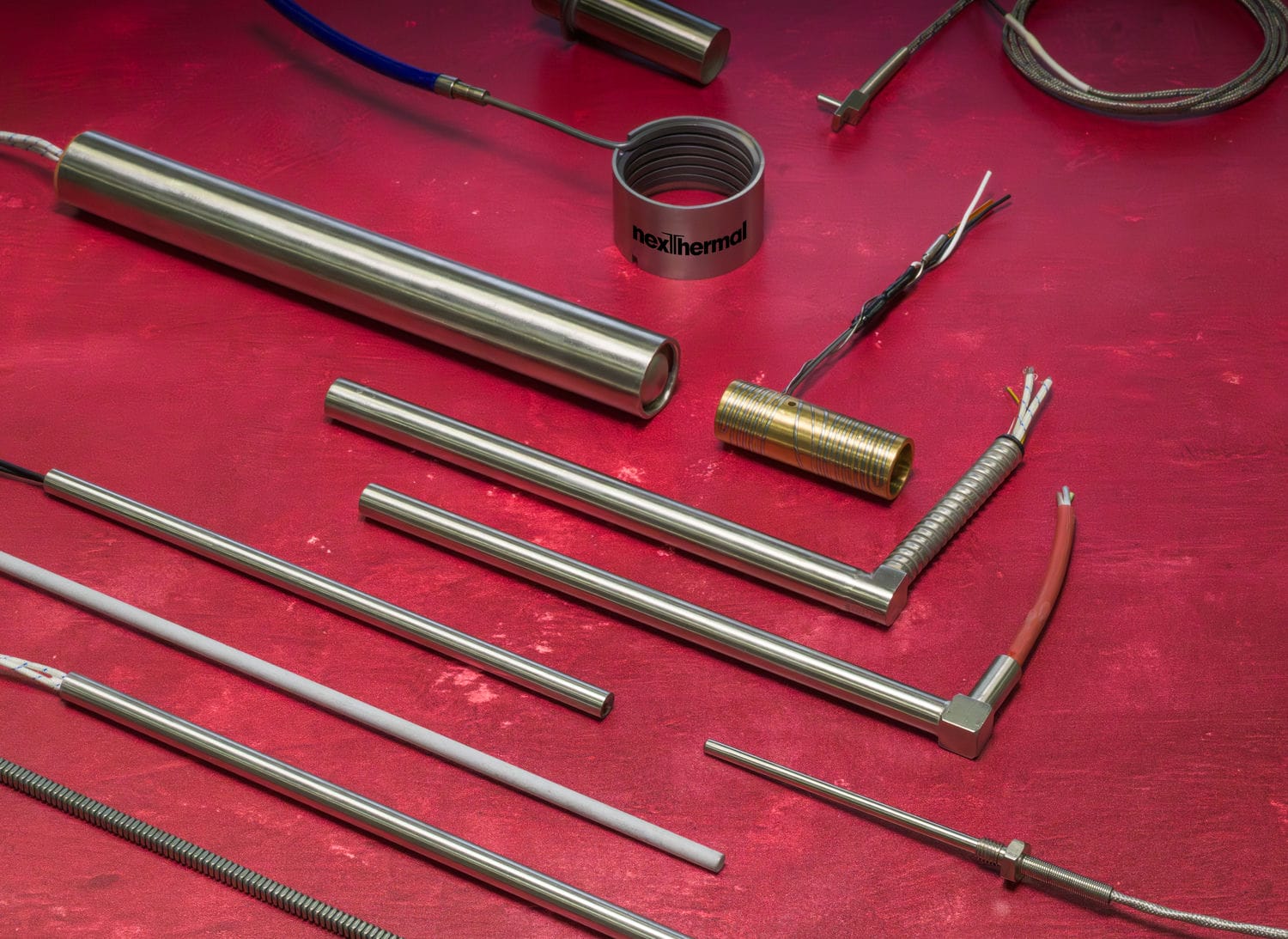What is an Immersion Heater?
Immersion heaters are electric heating elements found inside cylinders or tanks with some type of hot liquid. They use the electric resistance heater to heat the liquid around it and are connected to the electric mains through cables.
Immersion heaters use electricity to heat water. Although electricity is more expensive than gas, it’s preferred since it reduces the use of fossil fuels. When connected to a solar panel, they become highly efficient, economical, and eco-friendly.
Types of Immersion Heaters
- Screw plug immersion heaters are used when there is limited space. They come in different sizes and help in protecting the liquids from freezing. They are screwed directly to the tank wall.
- Pipe plug immersion heaters are specifically made for small to medium-sized containers. They are screwed directly into an opening in the tank wall. They have sheaths of either copper, stainless steel, or incoloy. The material used for the sheath gives you an indication of the medium that the heater is used to heat.
- Flanged immersion heaters are used in large containers that have high pressure. They are welded to the unit and are either rectangular or round. They can be custom designed too based on watt densities and the sheath materials that are used.
- Over-the-side immersion heaters are used when tank wall heaters are not installed or when the heaters are removed for cleaning without emptying the tank.
- Circulation immersion heaters are apt for water heating, freeze protection, fuel oil heating, and heating gas. These units have an in-built heating element, heating chamber, a sensor, insulator, and an inlet-outlet connection. The liquids and gasses are forced or are naturally circulated through the unit.
Applications of Immersion Heaters
Electrical immersion heaters are increasingly becoming a common type of heating device as they do not use gas and run on electricity, being an environmentally-safe option. Industries such as oil, gas, water treatment, agriculture, mining, and transportation rely on immersion heaters to keep their materials from freezing in cold weather.
Nuclear power
Nuclear power plants place the industrial immersion heaters in critical positions to keep the water pressurized in the reactors for producing steam.
Wastewater management
In wastewater management, the water needs to be maintained at a specific temperature. Immersion heaters help in providing this precise control of temperature. They also help in killing the bacteria which is common when water from various reservoirs mix.
Gas or oil industry
Immersion heaters help in keeping the gas and oil from turning into gel or wax in harsh and cold weather. Over-the-side immersion heaters are the preferred option in such scenarios.
Cement curing
Immersion heaters are also used in the construction industry to accelerate the curing process. Over-the-side heaters once again prove helpful to hasten the process and give consistent results.
Laboratories
In the medical industry, maintaining a precise temperature is a must when it comes to drying pills and sterilizing the laboratories. Screw plug heaters and over-the-side heaters are commonly used for this purpose.
Food processing
Moisture control is important as it breeds bacteria and other microorganisms. Flange, screw plug heaters, and over-the-side heaters help by sterilizing the containers. Immersion heaters are majorly used in the food processing industry to meet quality standards and government regulations.
Chemical industry
Immersion heaters are used in chemical industries to keep the chemicals at a particular temperature and to prevent freezing. Over-the-side, flange, and screw plug immersion heaters, all help in keeping the chemicals safe.
Brewing industry
Brewing produces ethanol, which is hazardous. Immersion heaters help in regulating and controlling the temperature and automatically shut off before temperatures reach an alarming level. Immersion heaters generate heat by using electricity hence they act as a safety feature for the brewing industry.
Water purification
Immersion heaters are used in water tanks to keep it clear of foreign substances like chlorine, bacteria, and other pollutants by heating the water and sanitizing it.











